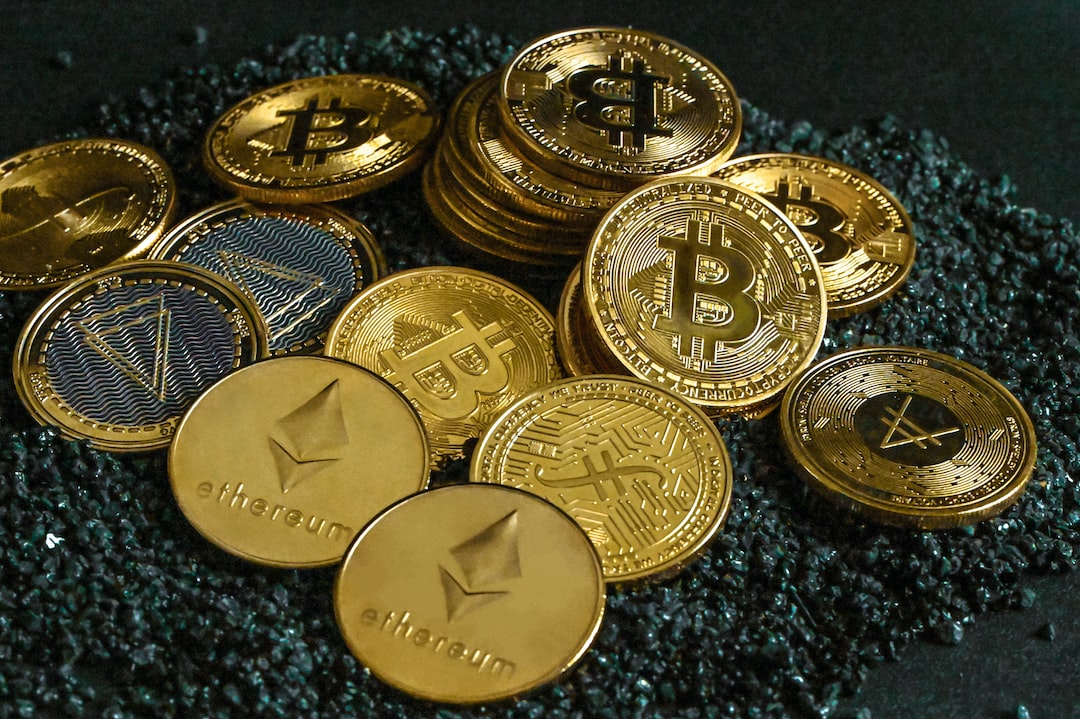The SEC’s Argument in the SEC vs Coinbase Lawsuit
The Securities and Exchange Commission (SEC) is facing criticism for its argument in the ongoing SEC vs Coinbase lawsuit. One of the key points in its argument is that cryptocurrencies have “no innate or inherent value.” The SEC has asked the Court to reject Coinbase’s claim that cryptocurrency trading does not constitute an investment contract between parties. It is relying on the legal principle known as the “Howey Test” to support its argument.
The SEC has long held that various investments, such as chinchilla farms and whiskey caskets, can be considered investment contracts under the Howey Test. While the tokens identified in this case meet the requirements of Howey, the SEC argues that many cryptocurrencies only differ from each other because they lack inherent value on their own.
The SEC’s Motion and Statement
In its recent motion dated 03/10/2023, the SEC states that crypto assets are not like tangible assets sold in previous cases. The value of crypto assets is accessed through digital tokens, but these tokens have no intrinsic value of their own. They are tied to their underlying value, which in this case is the investment contract. Without access to a service or intellectual property, these crypto assets would be worthless. Investors are not purchasing these assets to own a digital sequence of letters and numbers.
Coinbase CLO’s Response
Paul Grewal, Coinbase’s Chief Legal Officer, expressed his dismay with the SEC’s continued arguments in a thread on Twitter. He criticized the SEC for making claims about what the law is or should be without providing any legal citations. Grewal also mocked the SEC’s definition of a security, stating that if their justifications were valid, items like Pokemon cards and stamps would also be considered securities.
Hot Take: SEC’s Argument Fails to Recognize the Value of Cryptocurrencies
The SEC’s argument that cryptocurrencies have no inherent value overlooks the transformative potential of these digital assets. While it is true that their value may be tied to underlying services or intellectual property, cryptocurrencies themselves have become valuable assets in their own right. The decentralized nature of blockchain technology and the increasing adoption of cryptocurrencies demonstrate their significance and potential impact on various industries. Dismissing their value undermines the innovation and economic opportunities associated with cryptocurrencies. The SEC should recognize and embrace the unique value proposition that cryptocurrencies offer.





 By
By


 By
By
 By
By
 By
By